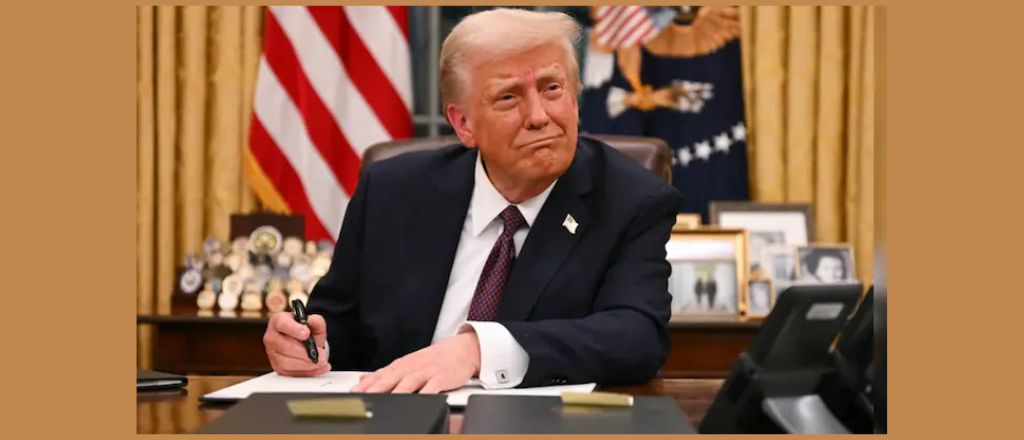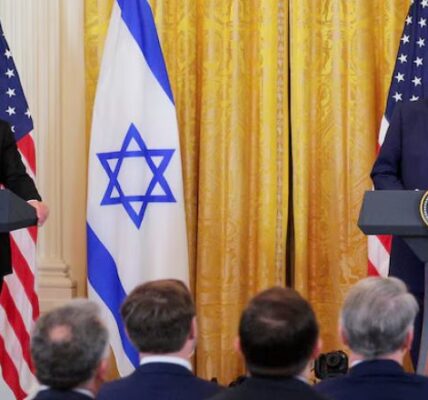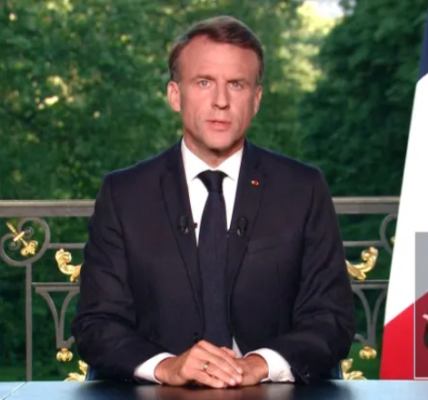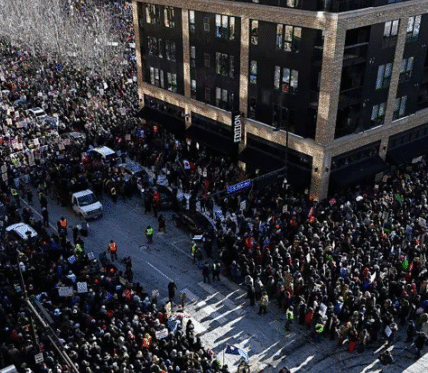Years ago, during my one and only trip to Pakistan to report on the 50th anniversary of independence, I had the pleasure of meeting some bright, articulate students at the prestigious Government College in Lahore. Feeling magnanimous and swept up by their genuine warmth, I decided to throw out a provocative idea: why not reunite India and Pakistan? Wouldn’t it right the wrongs of Partition, restore the subcontinent’s undivided glory, and perhaps even save on visa fees?
Their reaction was swift and clear. Polite smiles barely concealed an unspoken “what is this guy talking about?” Many agreed that Partition had been a tragedy, but they made it clear it wasn’t their tragedy. The blame, they insisted, lay with the Urdu-speaking community, many of whom had fled to Karachi and now lived as muhajirs (immigrants). One student, barely concealing his irritation, explained that my suggestion reflected a “typical Indian response” from the post-Partition generation—a diplomatic way of calling me naïve. And honestly, I got it.
From their perspective, reunification was off the table. Sure, Pakistan wasn’t perfect, they acknowledged—not quite on par with India in many ways—but it was theirs. Sovereign, independent, and uniquely their own. It was a country they could shape—or mess up—without unsolicited opinions from nostalgic neighbors across the border. The message was loud and clear: undoing Partition was not something they were even willing to entertain. Period.
That experience stayed with me, and it came rushing back when I heard about President Donald Trump’s latest eyebrow-raising comment. His off-the-cuff remark that he’d like to annex Canada and turn it into America’s 51st state sent shockwaves through the political world. Trump, never one to shy away from the spotlight, chose to make the suggestion during a virtual address to the Davos economic forum. Speaking to a room full of global CEOs and business leaders, he casually floated the idea, leaving the audience visibly stunned. I can only imagine that jaws hit the floor in Ottawa as well.
Much like my experience in Lahore, the Canadian reaction was swift. Social media exploded with expressions of disbelief and outrage, and politicians in Canada made it clear that such a notion was absurd. Despite Trump’s reputation for making provocative statements, this one hit a nerve. While some may have dismissed it as just another attention-seeking remark from the former president, others viewed it as a dangerous reflection of a deeper disregard for boundaries and sovereignty.
For Canadians, much like the students I met in Pakistan, the idea of surrendering their nation’s independence—even in jest—was completely off the table. Canada, with its own identity and culture, is proud of its sovereignty, imperfections and all. While Canadians are no strangers to poking fun at their southern neighbors, there’s a hard line when it comes to suggestions of annexation. National identity and self-determination are not up for debate.
Whether Trump intended his comment seriously or simply as a way to stir the pot remains unclear. Yet the broader lesson is one I learned long ago in Lahore: sovereignty is deeply personal. It’s not just about borders on a map—it’s about ownership, pride, and the right to shape a nation’s destiny without outside interference. For both Pakistanis and Canadians, that’s a right they won’t give up, no matter how outlandish the suggestion.





